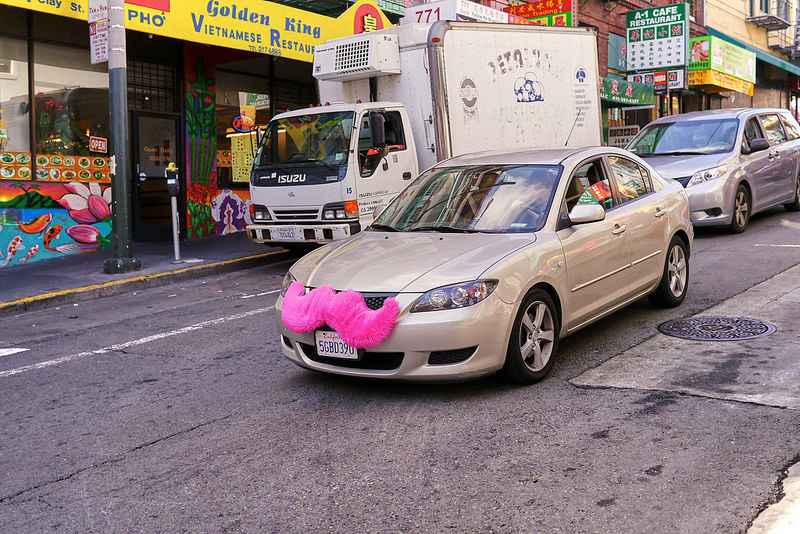| When it comes to regulating taxis and ride-sharing companies, local governments are learning lessons a lot of private businesses have had to learn in the age of technology. You must be nimble, and there are few hard and fast rules. Fortunately for consumers — and unfortunately for governments that like to interfere with the free market in the name of “fairness” — this creates an almost impossible situation for regulators. |
| | Just when you change laws to accommodate Uber and Lyft in what had been a tightly regulated taxi market, those companies begin to expand into carpools and limousine services that challenge other laws. And if you try to keep them out of the airport, you find yourself in a never-ending game of whack-a-mole. Ride sharing services come in unmarked cars, making them indistinguishable from people who enter the airport to pick up a friend or relative. A new Utah law went into effect Tuesday that dismantles Salt Lake City’s new rules governing ride-sharing drivers. From now on, they mostly self-regulate. They must have at least $1 million in liability insurance, pass background checks and pass vehicle inspections, but the companies, not government, will be responsible for these. The rules apply everywhere but the airport, for reasons that aren’t entirely clear. Taxis, meanwhile, apparently have begun charging various amounts to and from the airport in a fight for passengers. For savvy consumers, this is great. On a recent trip to a different city, I was able to use ride-sharing apps to quickly comparison shop among them, taxis and limousine services and pick the cheapest one. For un-savvy consumers, however, Salt Lake International Airport has turned into a Baghdad bazaar, where weary travelers find themselves haggling for the best price into the city. Or at least that’s what public officials are saying. Airport Director Maureen Riley declined to comment for this column, but she recently told the City Council she has seen an increase in complaints from air passengers. These complaints are, “for the most part, related to the fact that taxis are no longer metered,” she said. Customers have to negotiate their own fares. “We just had a complaint where someone … wrote in and said, ‘I rejected the first two cars and wasn’t really happy with the third.’” “I think,” she told the Council, “that’s very uncomfortable for a lot of travelers.” Except, of course, that no one seems to be able to say how many travelers are uncomfortable and how many are enjoying the much-freer transportation market. In Salt Lake City, arriving passengers have several transportation options, including TRAX, which, if you arrive during its hours of service, is the least expensive of all. They also, apparently, have ride-share options, although those operate outside the law requiring transportation services to register with the airport and pay fees. Government officials and taxi companies argue these fees are a matter of safety. The airport inspects drivers and vehicles to make sure passengers have a safe and pleasant first experience when they visit. But those regulations are redundant. Companies won’t last long in a free market if they provide customers a bad experience. And despite the scare tactics taxi advocates are using, quick Google searches show passengers in regulated, background-checked taxis are just as vulnerable to rare instances of sexual assault and other crimes at the hands of drivers as passengers in ride-sharing vehicles. No, the legitimate need for airport regulation has to do with orderliness. As long as Uber and Lyft operate outside the law, they can clog passenger pickup zones meant for regular people picking up friends. This, however, is not an easy problem to fix. The City Council appears poised to revisit the issue of airport regulation, which the new state law allows it to do. There is talk of imposing a set rate for a fare from the airport to downtown. Anyone who understands the free market will tell you how that would turn out. Unless the city can find a way to nail down elusive ride-sharing innovators, those companies will simply undercut the set rate. The only question is how long governments will keep up the never-ending chase. |


 RSS Feed
RSS Feed

